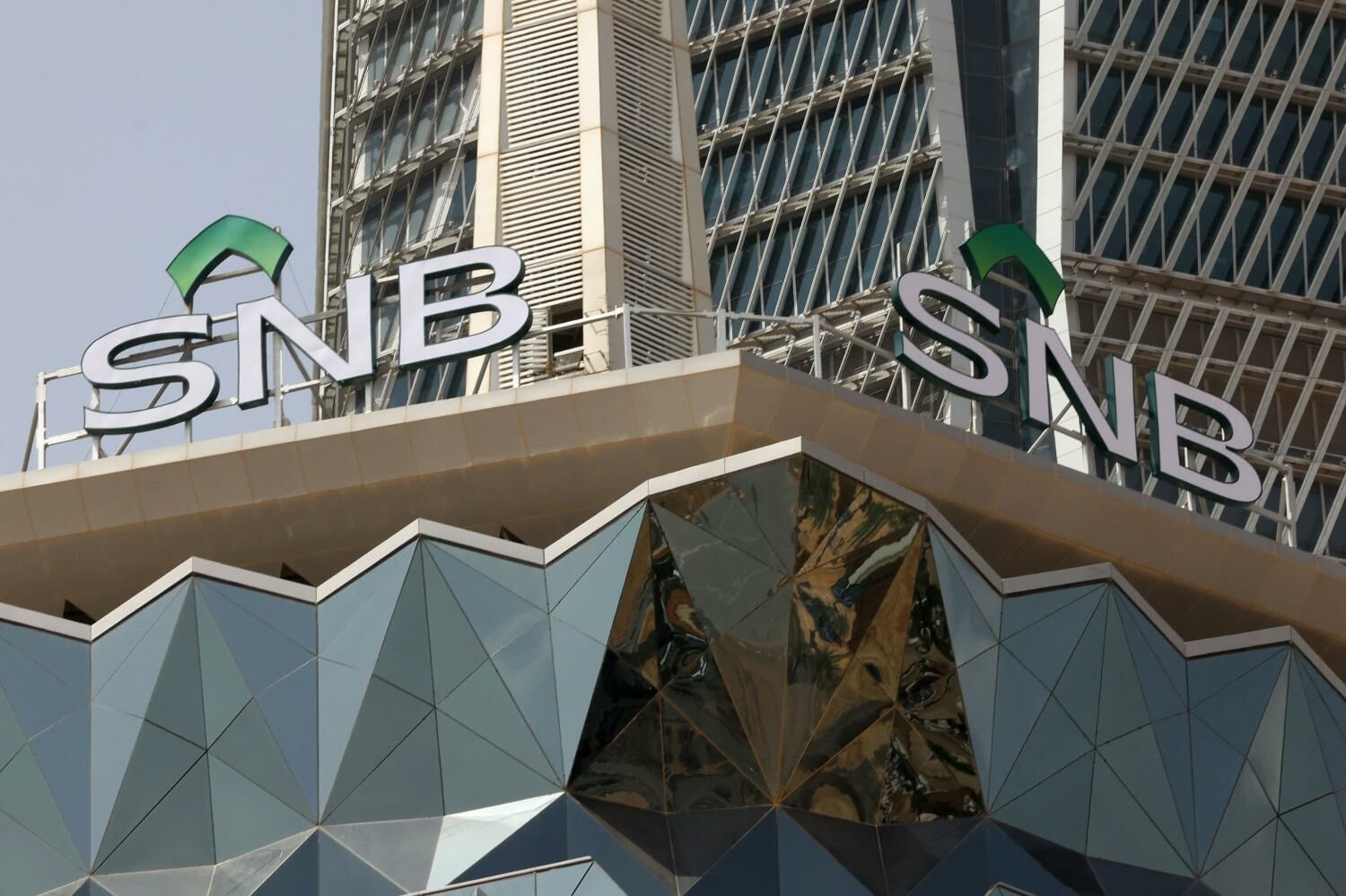Banking job boom and surging salaries in Saudi Arabia

Despite ongoing global financial challenges, Saudi Arabia is experiencing a significant surge in banking jobs and salaries. This growth is attributed to the ambitious economic expansion plans by Crown Prince Mohammed Bin Salman, who is utilising oil sales revenue to transform the nation’s economy. With over US$600 billion worth of assets, Saudi Arabia’s Public Investment Fund is hiring swiftly, attracting personnel from foreign firms operating in the Kingdom. Wall Street banks are also looking to expand, lured by the potential for lucrative deals.
However, recruiting talent has been difficult. The Crown Prince’s easing of social restrictions has not been enough to make the country more appealing to foreign workers and experienced local employees are scarce. As a result, there is intense competition for skilled workers, causing a significant increase in salaries.
According to recruiter Hays, most banking professionals in Saudi Arabia can earn around 20% more than their Western counterparts. Expat executives relocating from neighbouring Dubai can expect to earn 20% to 35% more, reports headhunting firm Mark Williams. For high-level hires, these figures can be even greater.
The comparison to China two decades ago comes from Carmen Haddad, Citigroup’s Vice Chairperson for the Middle East and Country Officer in Saudi Arabia. She suggests that the Kingdom’s rapid economic reforms also come with new challenges, such as the ongoing battle for talent in the financial sector.
Mid-level Vice President roles in banking in Saudi Arabia offer 10% to 20% higher salaries than those in London, according to a 2022 Dartmouth Partners report. Bonuses in Saudi Arabia exceed 100% of a banker’s salary in profitable years. Moreover, recruiters say employees can secure a higher rank and therefore a higher salary in Saudi Arabia than in larger financial centres, and enjoy benefits such as various perks and no income taxes.
Highly-skilled Saudi nationals are in high demand, driving up salary expectations significantly. In response, the Public Investment Fund has imposed an informal cap of 30% on pay rises offered to potential recruits, in order to avoid an escalating wage spiral. Compensation packages also include numerous perks, such as tax-free income, housing, school fees and flights home. This combination of benefits makes the prospect of moving to Saudi Arabia from countries like the UK all the more appealing.
Foreign firms are compelled to match these offers or hire less-experienced local staff to retain their own employees. Some global banks have only recently begun expanding into the Saudi market, attracted by the Kingdom’s ambitious economic diversification plans.
Although the Saudi government is making an effort to improve conditions for foreign workers, many ex-pats are hesitant to move to a country lacking the infrastructure, entertainment options and freedoms available in other parts of the world. For senior bankers, the lifestyle in cities such as Riyadh is a deterrent, leading them to continue working in Dubai even when offered substantial financial incentives to relocate.
The kingdom is developing its financial hub, the US$10 billion King Abdullah Financial District, to support economic diversification efforts. The district is beginning to attract international interest, with Alibaba Group Holding and local banks opening offices there, and Goldman Sachs planning to move in later this year.
However, the high cost of attracting talent is deterring some investment companies from establishing a presence in Riyadh. Certain firms are opting to locate their regional bases in Doha or Abu Dhabi, where costs associated with local staff are more manageable.
Despite some resistance, Saudi Arabia’s push for global expansion and talent acquisition continues. International banks, in particular, may soon be required to establish their regional headquarters in the country or risk losing out on business opportunities, reports Bangkok Post.
Latest Thailand News
Follow The Thaiger on Google News:


























